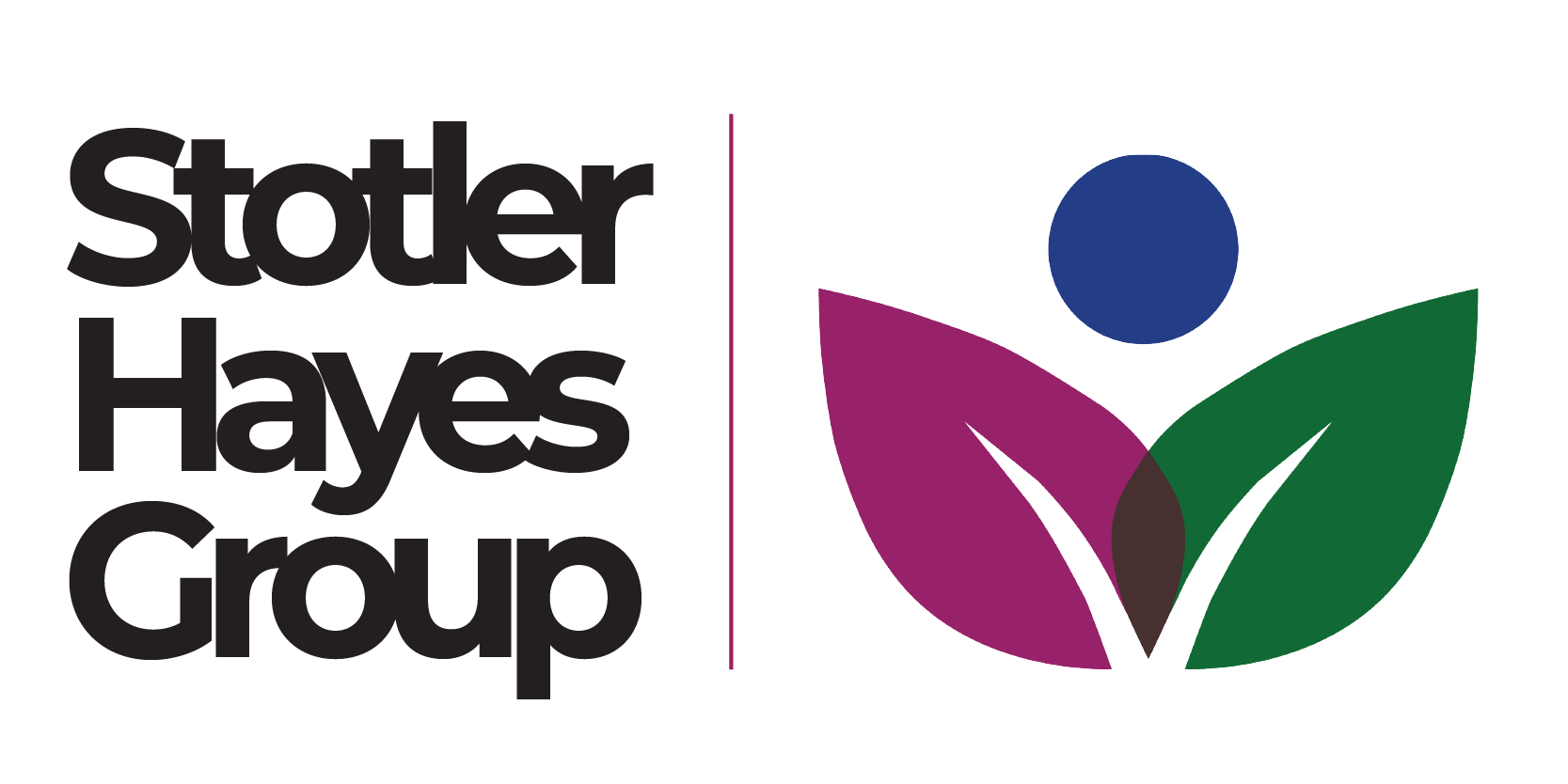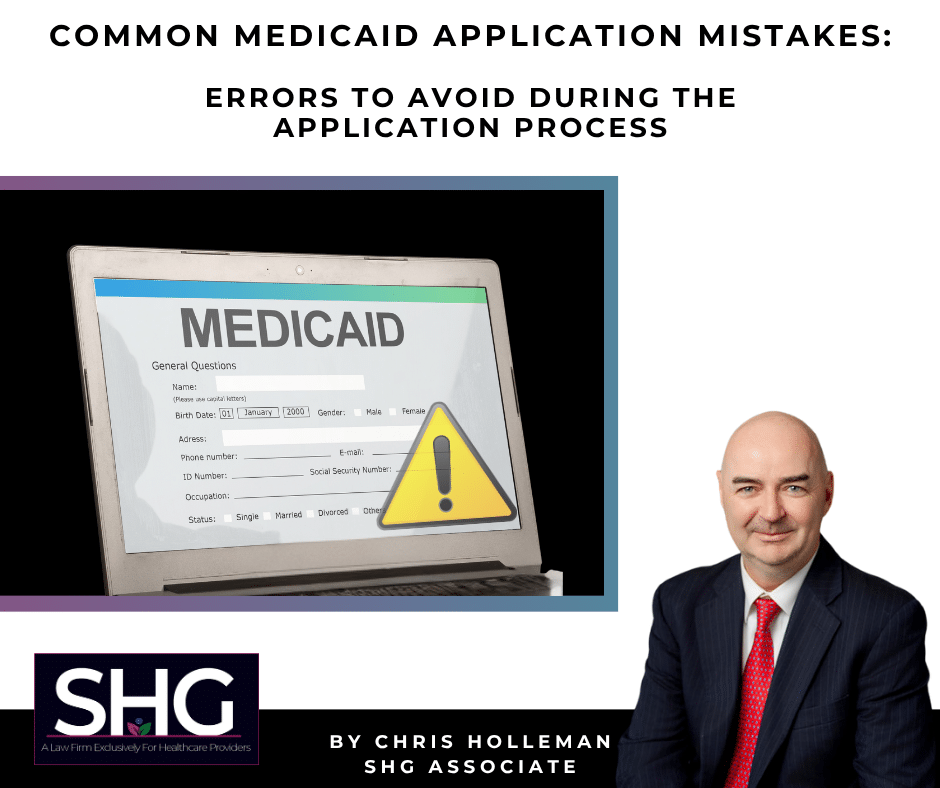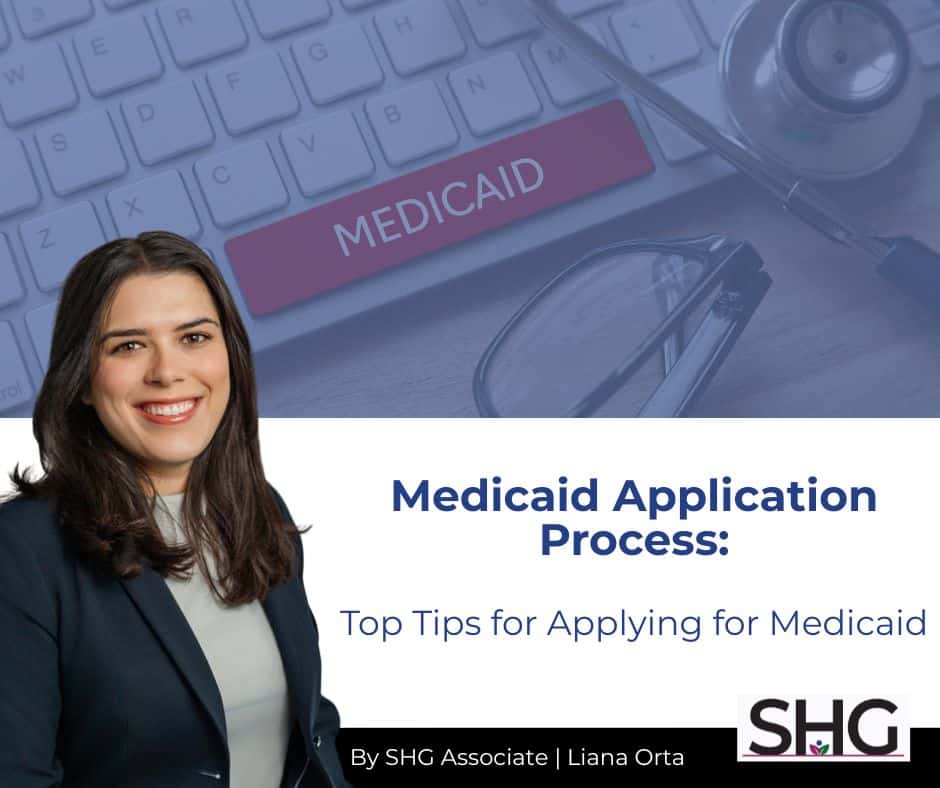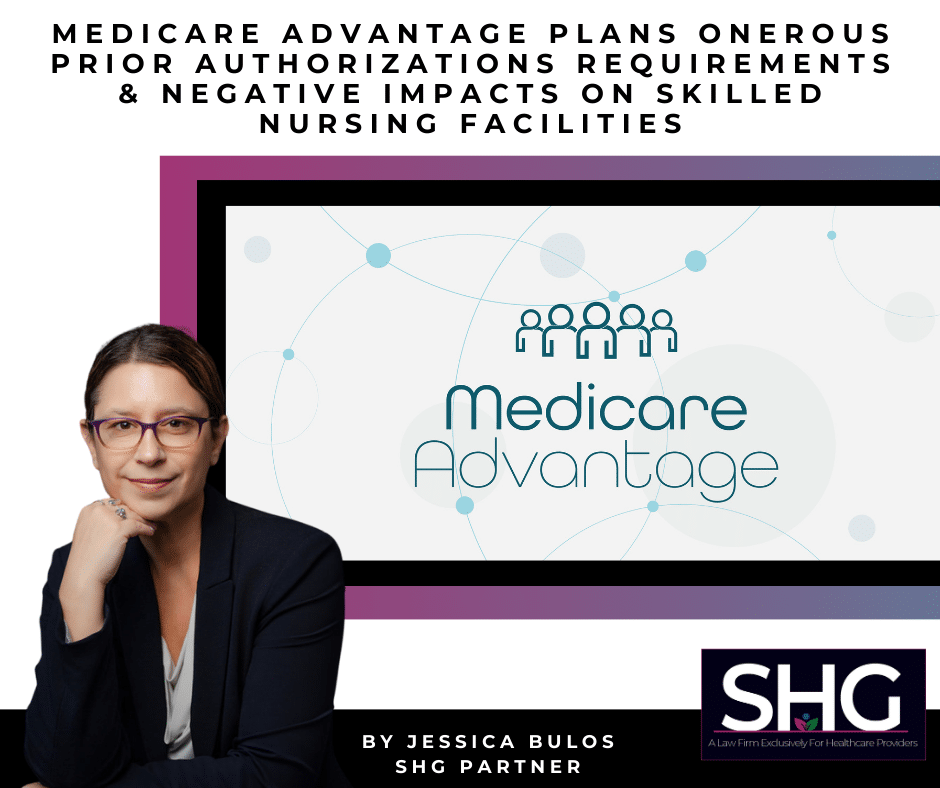About a year ago, I participated in an executive coaching program centered around the teaching that a person’s thinking has a greater impact on their (personal) outcomes than any other contributing factor. I’ve continued to follow their blog and yesterday, I read an article that offered the simple idea that every one of life’s experiences falls into one of four categories. Joyful experiences bring happiness and peace; learning experiences teach us lessons; stretch experiences expand our potential; and gateway experiences are stepping stones.
Earlier today I listened to this Skilled Nursing News podcast, in which Brian Fuller, the CEO of the care coordination company Integrated Care Solutions (ICS), suggests that SNFs have to stop looking at themselves as the target of post-acute savings and get creative in their approach to other providers along the care continuum. I was, of course, reminded of yesterday’s blog on perspective.
Specifically, Mr. Fuller suggested that post-acute providers shift their perspectives: “rather than sitting back and taking that target, or just viewing the acute-care hospital as an antagonist to those savings, try to figure out how to better work with acute-care hospitals in more of a partner-oriented way.” One area of disconnect, is in technology. Mr. Fuller noted, “[a]ll of the largest EMR systems really focus on that silo of care and really don’t go outside of the walls”. We must “invest heavily in… a technology system, a care management platform, that essentially works with all of those EMRs and takes in information, but also aggregates that into a workable system that our nurses can interact with and manage the patients actively — again, across that 90-day period of care.”
Mr. Fuller’s reminded me of the comments we submitted to the Centers for Medicare and Medicaid last month in response to a published Request for Information soliciting public feedback on how to reduce unnecessary administrative burdens for providers. Although our recommendations related to CMS’ and the states’ agencies’ roles in the process, rather than the provider’s systems, the message was the same. CMS must more aggressively enforce the use of Asset Verification Systems (“AVS”) by state agencies and with governmental agencies to coordinate a comprehensive and efficient use of the available technology pursuant to 42 U.S.C. § 1396w. Likewise, we urged CMS to mandate the implementation of consistent, comprehensive, and coordinated online eligibility and enrollment portals for use by both providers and recipients. Many states use both and many others have them available, but providers and the government alike, must change our perspective and, rather than viewing these systems as more bureaucracy or something to be delayed and avoided, look at them as what they are, or perhaps, what they could be. As the initial blog suggested, our perspective must be that these AVS and online systems will stretch us to our capacity, and function as a gateway to something much more effective that our current paradigm.
More info on Frame of Mind program is available here.






